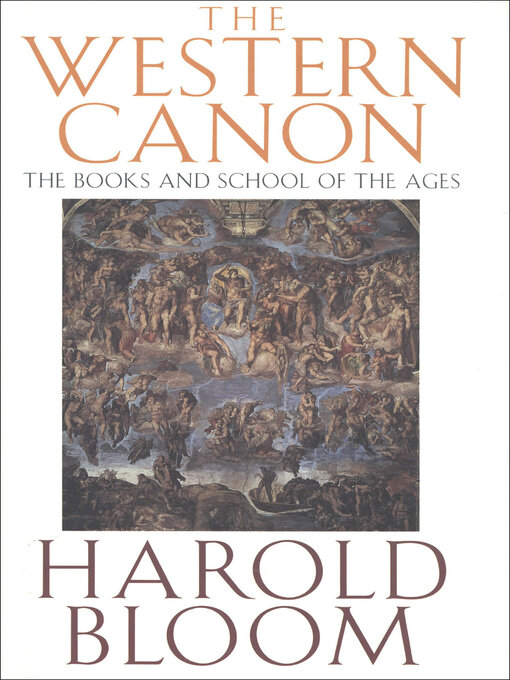The literary critic defends the importance of Western literature from Chaucer and Shakespeare to Kafka and Beckett in this acclaimed national bestseller.
NOMINATED FOR THE NATIONAL BOOK CRITICS CIRCLE AWARD
Harold Bloom's The Western Canon is more than a required reading list—it is a “heroically brave, formidably learned” defense of the great works of literature that comprise the traditional Western Canon. Infused with a love of learning, compelling in its arguments for a unifying written culture, it argues brilliantly against the politicization of literature and presents a guide to the essential writers of the western literary tradition (The New York Times Book Review).
Placing William Shakespeare at the “center of the canon,” Bloom examines the literary contributions of Dante Alighieri, John Milton, Jane Austen, Emily Dickenson, Leo Tolstoy, Sigmund Freud, James Joyce, Pablo Neruda, and many others. Bloom's book, much-discussed and praised in publications as diverse as The Economist and Entertainment Weekly, offers a dazzling display of erudition and passion.
“An impressive work…deeply, rightly passionate about the great books of the past.”—Michel Dirda, The Washington Post Book World

